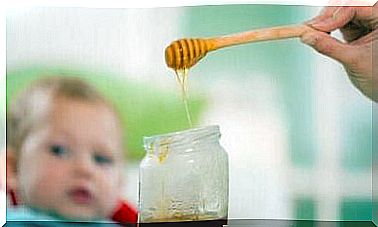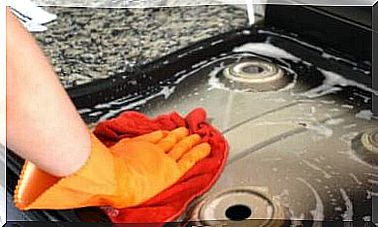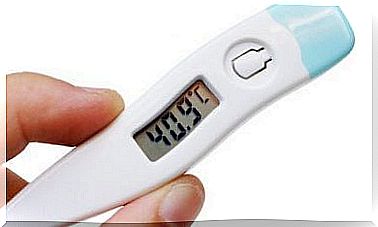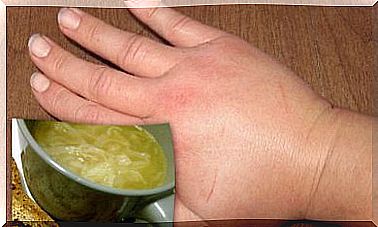Bacteria That Cause Caries
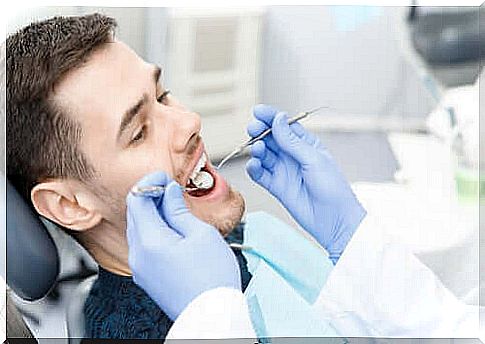
Bacteria that cause caries are microorganisms that organize themselves in a biofilm called plaque. In practice, this is seen as a white spot on the tooth, and as the decay develops, caries is formed which exposes the dentine.
This process includes several stages in which the bacteria that cause caries also alternate: in each phase, one of them dominates. In general, Streptococcus mutans bacteria are present at the beginning of the process, while Lactobacillus and Bifidobacterium predominate in the advanced stages.
Although all have microorganisms in their mouths, bacteria that cause caries are not present in healthy individuals. Among those who have teeth in perfect condition, Streptococcus sanguinis dominates .
Caries
Caries is the destruction of dental tissue from acids produced by bacteria grouped as plaque. This is a film formed on the teeth of bacteria that causes caries.
There are several types of caries:
- Crown: This is the most common form and occurs on chewing surfaces. It occurs in both children and adults.
- Interdental or interproximal: This is the type that appears in the spaces between the teeth and is not easy to detect.
- Root: This occurs in adults, especially the elderly, and is due to the retraction of the gums. This exposes the tooth root, which has no enamel and which can be more easily affected.
- Recurrent or secondary: These are those that come next to fillings, caps or crowns that the dentist places to treat other caries.
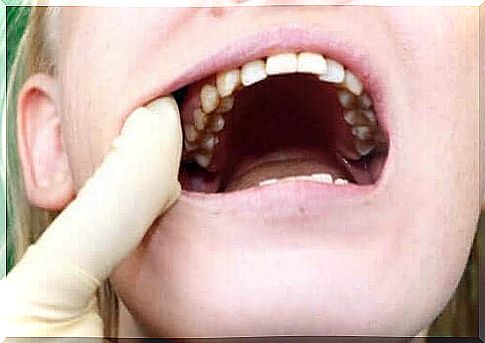
Bacteria that cause caries
Streptococcus mutans bacteria are the most numerous in plaque, with a high incidence at the onset of caries. This type of bacteria is gram-positive, optional anaerobic and spherical. It belongs to the group of lactic acid bacteria and grows in low pH environments.
These bacteria are transmitted from person to person and attach to the teeth and gums and create piles. Often, and especially in deep caries, they are accompanied by bacteria such as S. salivarius , S. parasanguinis and S. constellatus . You can avoid spreading with good dental hygiene habits.
In some cases of caries, S. mutans is not present, but S. sobrinus , S. oralis and S. salivarius are. When caries is already there, the presence of different types of Lactobacillus is common, with predominance of L. gasseri and L. ultunensis .
Other relevant bacteria
Other bacteria that cause caries are Actinomyces , which are especially present in many cases of root caries. However, its role in the onset and development of the condition is not clear. This bacterium is one of the first to colonize children’s mouths.
Bifidobacteria are anaerobic bacilli that group together in the form of a branch and are usually present in a healthy intestinal tract. B. dentium , S. inopinata ( B. inopinatum ), and P. denticolens ( B. denticolens ) have been found in several cases, and appear when the caries is already advanced.
Prevotella is another anaerobic bacillus, and one of the most common in the oral cavity. It has been associated with periodontal disease and endodontic infections, but its role in caries is unclear. On the other hand, Veillonella is very common in healthy mouths.
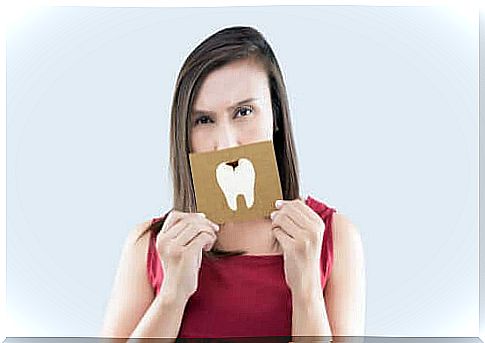
How to fight bacteria that cause caries?
There are several factors that promote the growth of bacteria that cause caries. The first is excessive intake of foods rich in carbohydrates, such as sugary drinks, sweets and pastries. The more you eat, the greater the risk of developing caries.
Other foods rich in starch, such as potatoes or bread, also promote the development of caries. The way you eat them can also affect caries formation. It is better to eat these products in one meal and not eat small pieces over time. It is also important to know how to combine them.
Good oral hygiene is the key. We recommend that you brush your teeth one hour after each meal. Also use dental floss, a mouthwash with fluoride and, of course, visit the dentist once a year.
